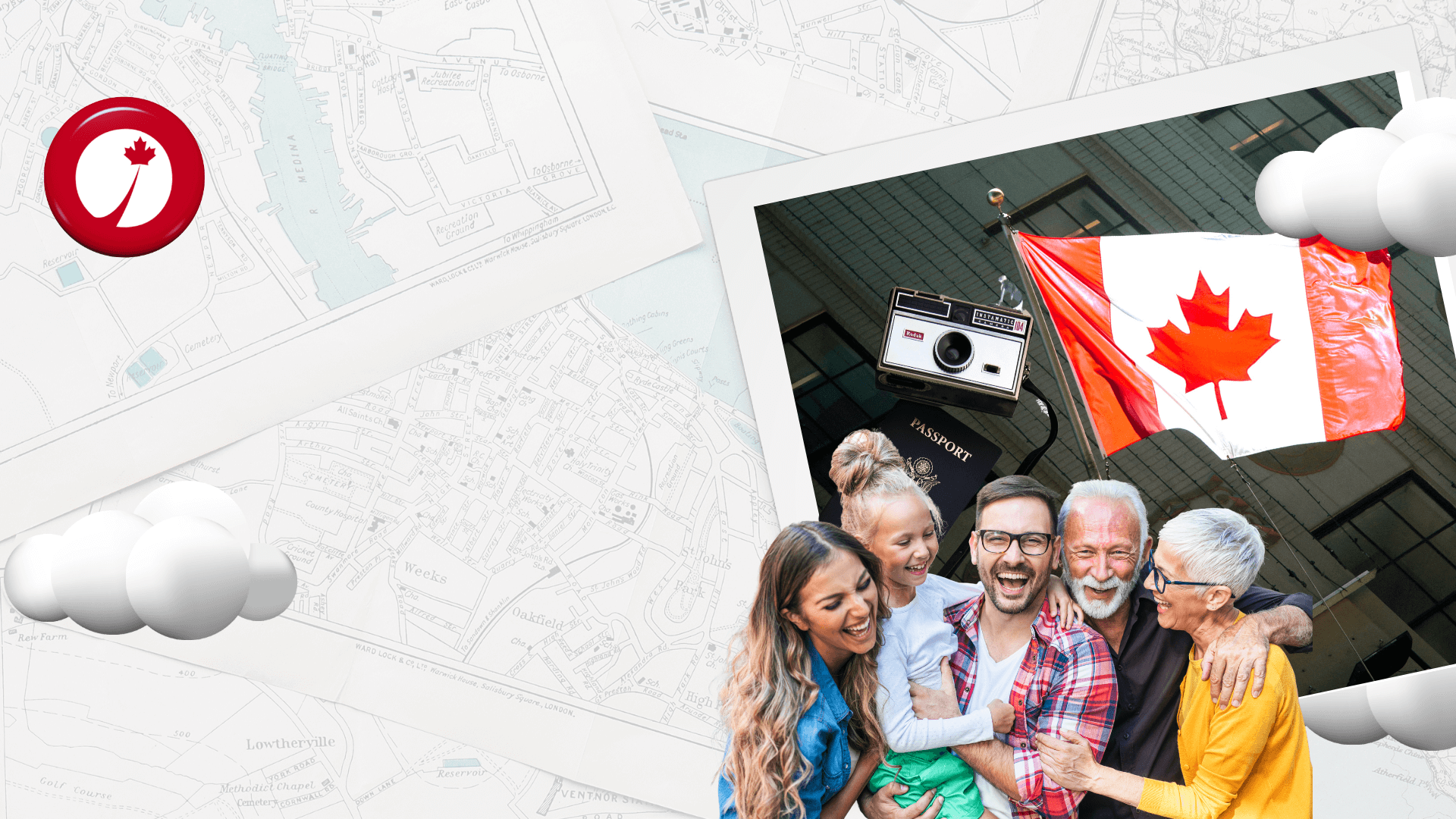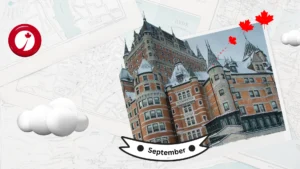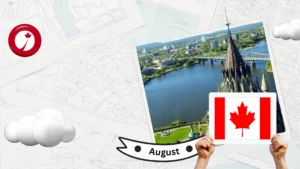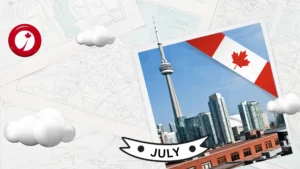For many of you who have had the great opportunity to come to Canada in various ways and managed to navigate the immigration system to become Permanent Residents (PR) or Canadian citizens, it’s great news to know that you can have your family members join you in this amazing journey of moving to Canada!
Indeed, if you are currently residing in Canada with PR or citizen status, and you would like to be joined by your parents in order for them to settle permanently in the country as well, well the good news is that is possible!

Pending the review of your eligibility for the program, you can support the application of your parents to become residents of Canada through the so-called Family Class Sponsorship of Parents and Grandparents category. This is a subclass of the Family Class program which seeks to have family members reunited in Canada as part of an application where the person in Canada with PR or citizenship status asks the Government to consider the family member for an immigrant visa, meaning that they can come and settle in Canada permanently.
Eligibility Criteria
In order for a parent to be sponsored there are eligibility criteria that must be met from both side: the sponsor (the person in Canada) and the main applicant (the parent in a foreign country).
For the sponsor:
- Must be a Canadian PR or citizen of 18 years of age or more
- Must prove that they reside in Canada
- Must show they have sufficient funds in the form of income to support their parents as they come and establish themselves in Canada
- Must not have any conditions that might prohibit them from being a sponsor according to the Immigration Act.
For the main application:
- Must be related to the sponsor as a biological or adoptive parent
- Must not be inadmissible to Canada
- Must show that they are in good health at the time of application
- Must have the intention to reunite with the child in Canada and live in the country at least 2 out of 5 years to maintain their permanent residence time obligations.
Registration and Invitation System
Given the large number of people in Canada who are interested in bringing their parents and grandparents, the Government decided some years back that the sponsorship process for these family members would be conducted in a “lottery system”. Indeed, the way it works consists of a registration of an intention of sponsorship by the sponsor in Canada which is registered into a Pool of Candidates. The numbers of available spots varies according to the season, however, once a year the Government carries out “draws of invitation”, that is, cycles where the system randomly selects candidates from the Pool and sends them an Invitation to Apply or ITA.
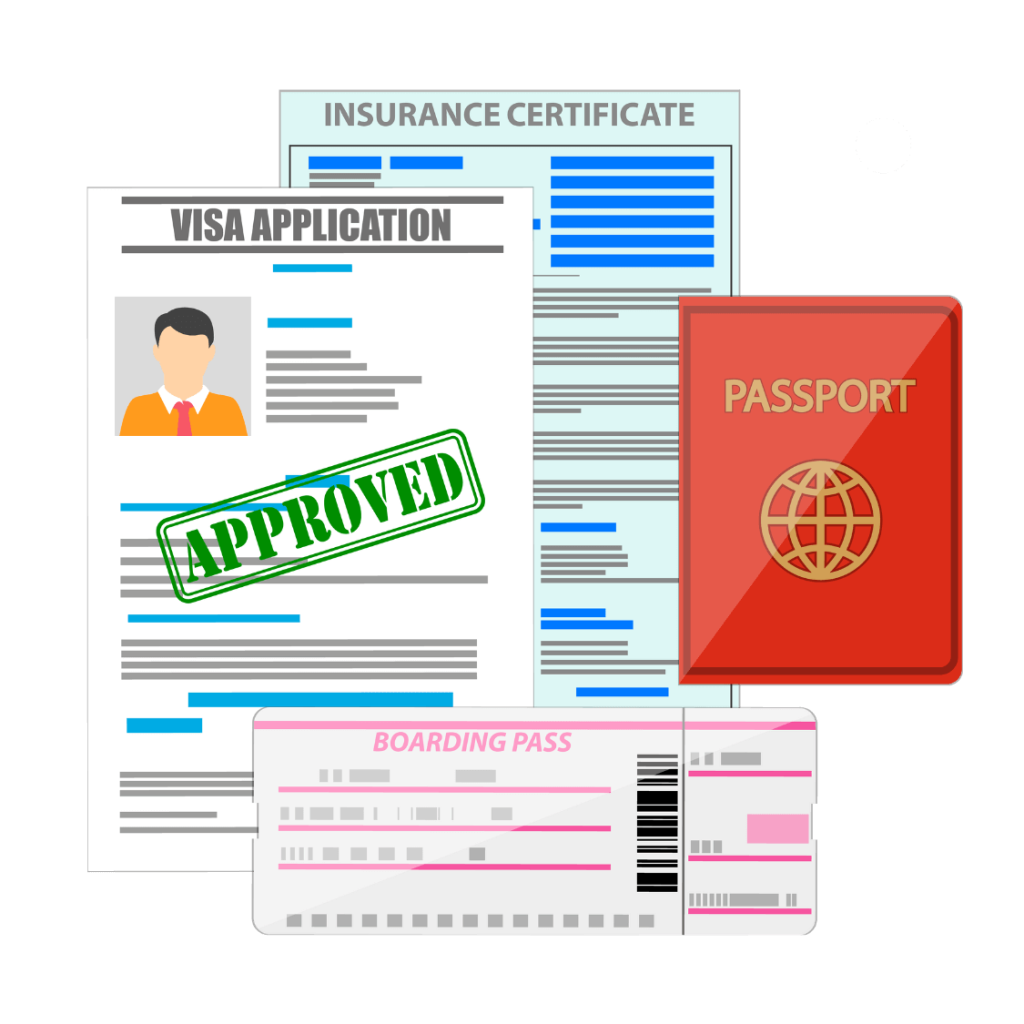
If a candidate received an ITA, them and the sponsor can move forward with an application for PR for the main application who is outside Canada. In general, the processing time for this category is around 24 months currently. In case the applicant is not selected in the current season with an ITA and the quota is filled for that specific year, they will need to wait until the next season to create a new registration for an Expression of Interest to sponsor their family members.
As with many other streams for PR applications, the list of documents needed to be presented are quite extensive, however, one specific detail regarding the Parents Sponsorship is that the sponsor in Canada must show proof of income that satisfies the number set forth by the Government. This is defined as the LICO (Low Income Cut Off) which is set by Statistics Canada according to the cost of life and other variables in the country. The particularity for the Sponsorship of Parents is that the figures the sponsor shows must be that of LICO + 30% in the last three fiscal years before the main applicant submits their application for PR.
In other words, if the main applicant was invited in the 2024 season and is submitting an application that year, then the sponsor in Canada must show they have an income of at least LICO + 30% in the fiscal years 2023, 2022 and 2021. If they don’t meet this criteria even for one single year, then their eligibility will fail and the application won’t proceed. This is crucial to consider when assessing the suitability of the person in Canada to be a sponsor.
One last thing related to the Sponsorship of Parents is that unlike other categories of the Family Class where the “undertaking” – that is, the contract that the sponsor signs with the Government and which makes sure they are financially responsible for the person they sponsor to Canada – is of 3 to 10 years, in the case of Parents that is 20 years. This means that for 20 years after the parent becomes a Canadian PR or even a citizen, if they ever require social services from the Government, the sponsor will be responsible for paying back to Canada any of the expenses incurred.
Supervisa
For all those who would like to have their parents and/or grandparents with them while they wait for them to become PR in Canada, the Government has opened a stream where they can remain in Canada with a visitor visa for longer periods than a regular tourist visa.
This type of immigration document is called a Supervisa, and allows parents and grandparents to the following:
- Remain in Canada for a period of maximum of 5 years in total
- No need to leave the country and reenter after a shorter period of time
In order to qualify for a Supervisa, the most important elements to consider are:

- The person in Canada who is the child or grandchild must be a PR or citizen
- They relationship must be proved through a Birth Certificate
- Proof of funds must be shown to guarantee that the parents or grandparents will be properly supported by the person in Canada
- Parents and grandparents must be outside Canada at the time of application
- Medical exams are mandatory for the parents or grandparents in their country of origin
- Health insurance must be purchased at the time of application and shown when the parents or grandparents enter Canada. The minimum duration of the insurance policy must be for 12 months and obtained from a Canadian company for a value of no less than $100,000 CAD.
Conclusion
So now you know, if you are in Canada as a PR or citizen and would like to have your parents join you and your family to be all gathered in Canada permanently, that opportunity is at hand. Given the many details and steps involved in an application like this, it’s advisable to seek professional counsel in order to minimize any chances of errors which might lead to a refusal or a prolonged delay in the whole process. At Velosa Immigration we are experts in this process and we encourage you to have a consultation with us so as to clarify any doubts and determine the eligibility and prospect of helping your parents come to Canada to join you!


